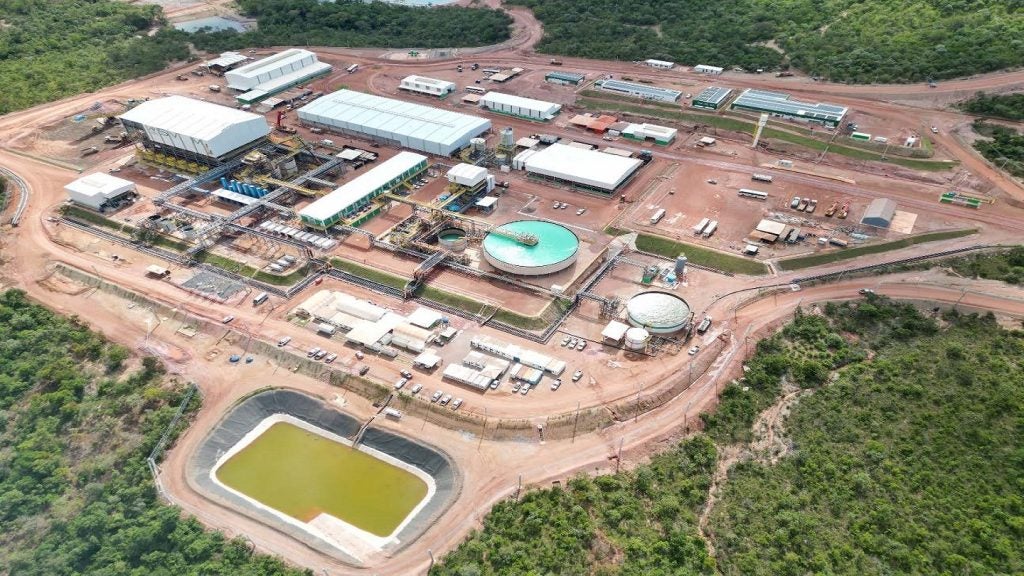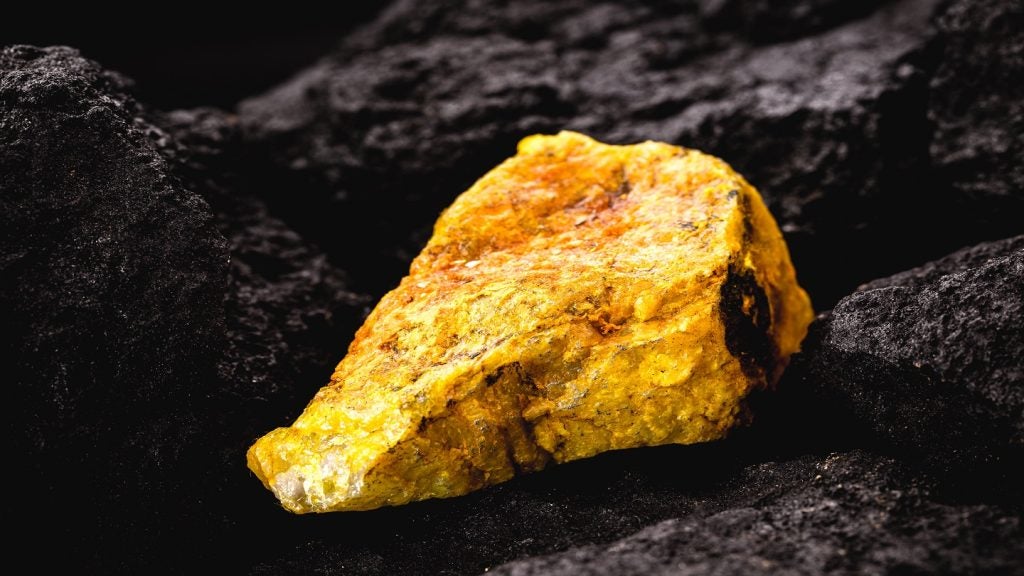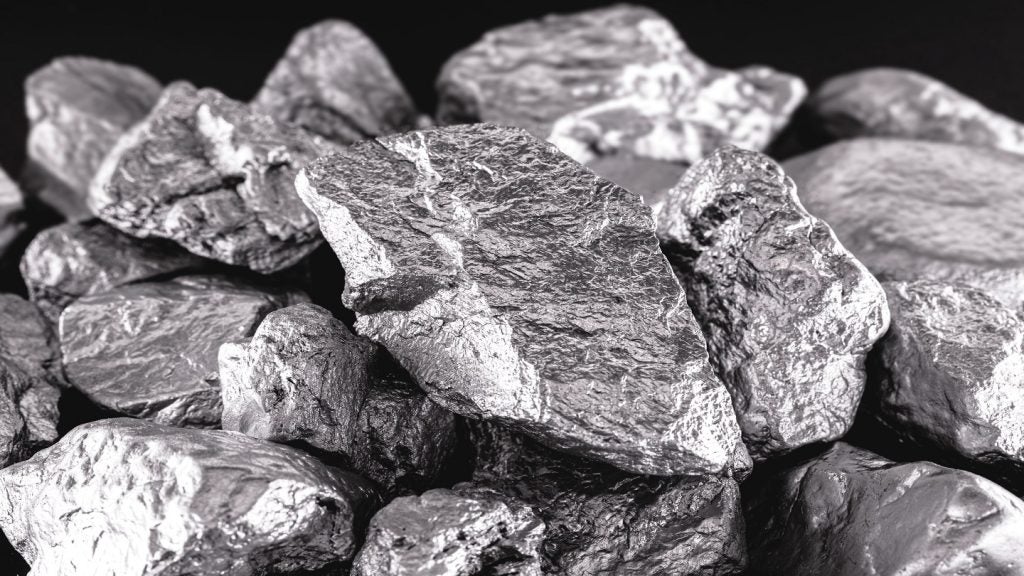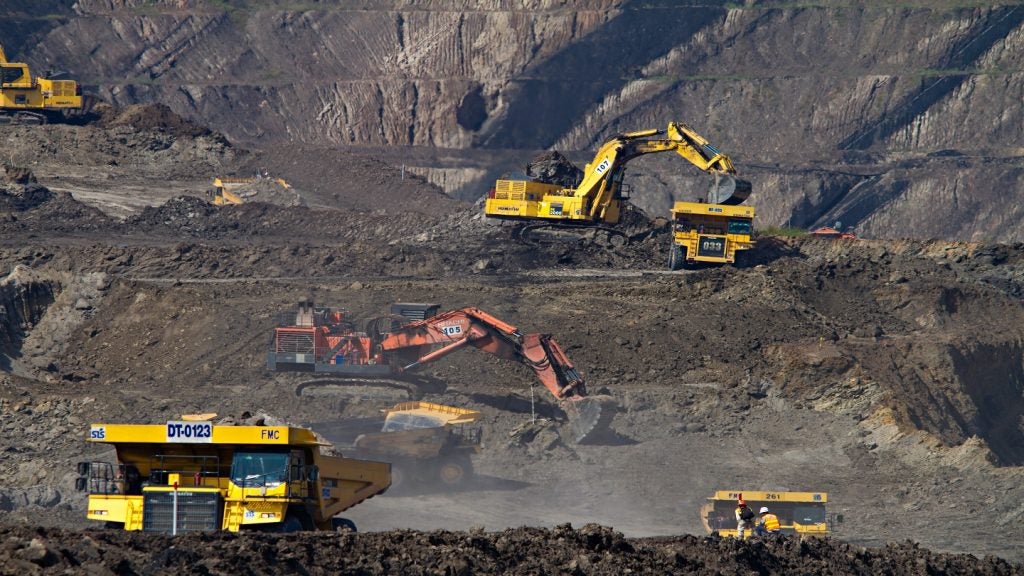Rainbow Rare Earths has announced the initiation of the rare earth oxide separation process at K-Technologies' facilities in Florida.
This development in the Phalaborwa pilot plant process marks a move towards more environmentally friendly extraction methods, utilising continuous ion exchange (CIX) and continuous ion chromatography (CIC) technology.
The CIX/CIC process, pioneered by K-Tech, is now in continuous operation.
It replaces the traditional solvent extraction method, which relies on hazardous chemicals and involves a complex, multi-stage process.
The four critical REEs to be produced at Phalaborwa are neodymium, praseodymium, dysprosium and terbium, all of which are essential for the green economy transition.
These elements are key components in the manufacture of permanent magnets used in EVs and wind turbines.
They also play a crucial role in advanced technologies for strategic defence, such as guided missiles and jet fighter engines. K-Tech's bench scale testwork has already demonstrated positive results, aligning with expectations for the separation of these rare earth oxides.
The first batch of separated oxides, specifically neodymium and praseodymium, is expected to be delivered in the coming weeks.
Dysprosium and terbium will follow, given their lower volumes in the rare earth mix.
The front-end pilot plant, located at the Council for Mineral Technology's Johannesburg facilities, has successfully completed two of three campaigns, producing approximately 5.75kg of mixed rare earth carbonate, which has been sent to K-Tech in five batches.
The front-end pilot plant is set to commence continuous operations from mid-January 2024. This integrated campaign aims to increase the production of mixed rare earth carbonate for shipment to K-Tech throughout the first quarter of 2024.
Rainbow Rare Earths CEO George Bennett said: “Whilst we have experienced some delays from the original timetable due firstly to the further beneficiation of the mixed rare earth sulphate to produce a cerium-depleted mixed rare earth carbonate as the optimal feedstock for the K-Tech CIX and CIC circuits, plus two key mechanical issues at K-Tech, which took longer to resolve than anticipated due to the Christmas period, this has in no way affected the integrity of the process flowsheet, which is progressing as planned.
“During this time, we have continued with front-end plant optimisation work in order to deliver the most efficient final flowsheet for commercial operations, as well as ongoing shipments of mixed rare earth carbonate to K-Tech. We look forward to providing updates on the pilot plant milestones during Q1 2024.”
















